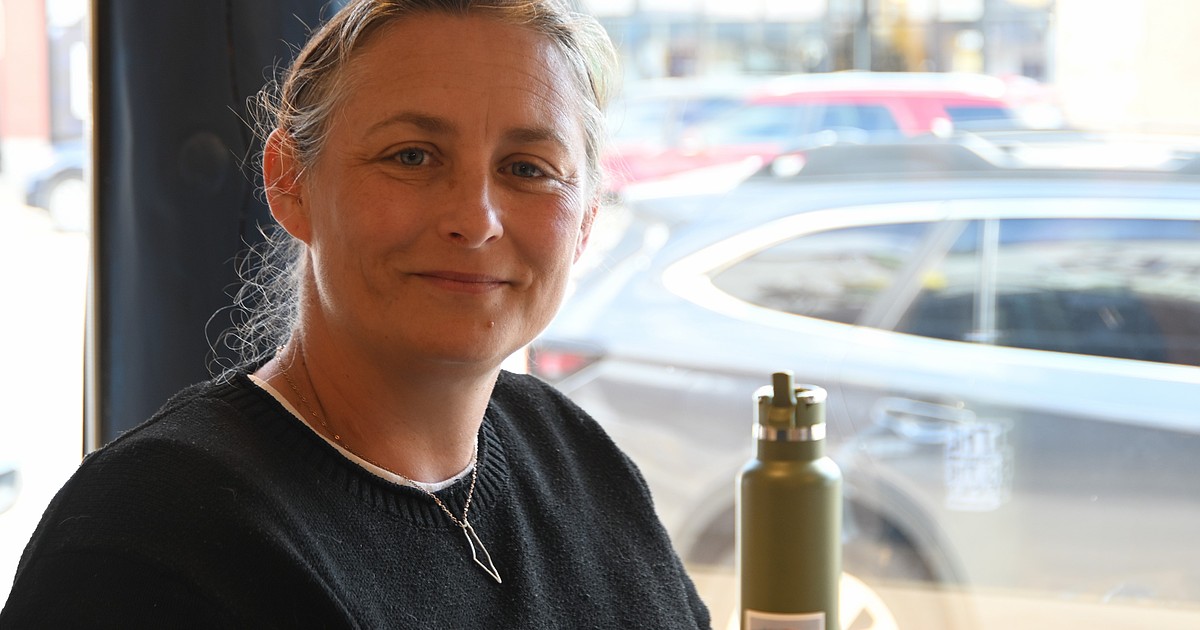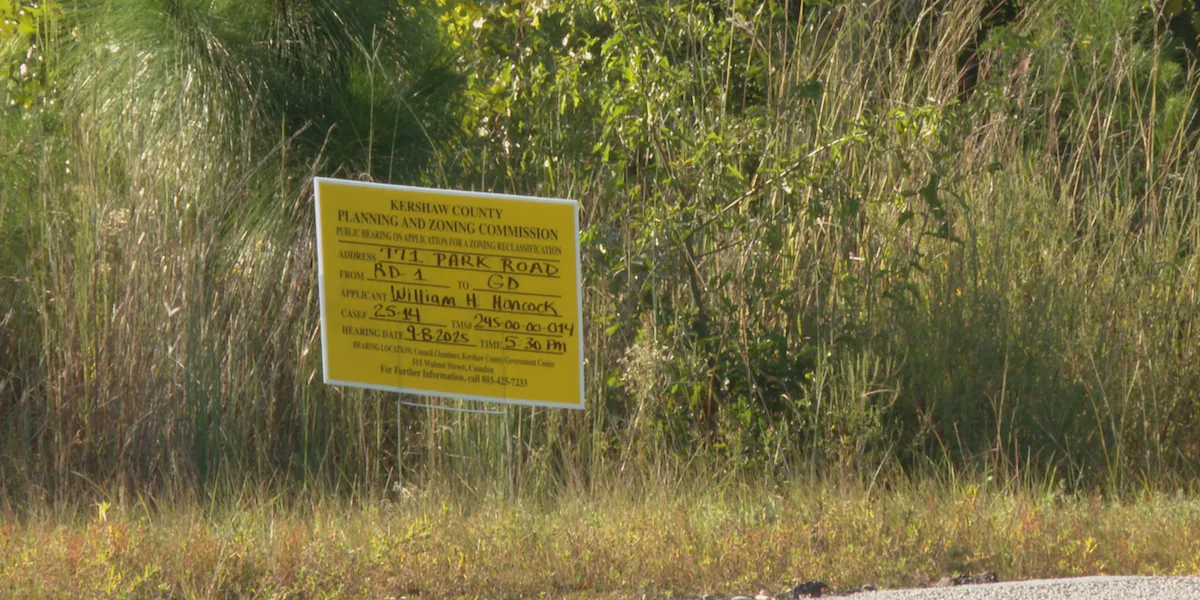
For Cortnie Brooks, it’s not just about what you say. It’s about how you say it.
Over the course of two decades, Brooks has taught English as a second language courses to hundreds of students in the Flathead Valley. She knows firsthand how essential language is to sharing ideas, forging connections and building community.
“As teachers, what we do is we give people the opportunity to pick up words in order to express themselves to those around them,” explained Brooks in a video posted to a YouTube account she runs with her husband.
Ironically, Brooks struggled to find the words to express her own desire to become a teacher two decades ago.
It started in 2005, when a friend invited Brooks and her husband to participate in a month-long class on the shores of Flathead Lake hosted by the Christian nonprofit, Youth with a Mission. At the end of the course, the couple would receive Teaching English to Speakers of Other Languages certifications, allowing them to teach English to students across the world.
At the time, Brooks and her husband, Andy, were busy building a life as newlyweds in central California. Her job as a wildland firefighter often required grueling hours, and a month-long vacation to study a tangential skill seemed out of the question, but Brooks couldn’t stop thinking about the offer.
“It was definitely an urgent feeling that we needed to come and do this,” she recalled.
Brooks had no teaching experience, but she did have plenty of experience interacting with other cultures.
One of her earliest memories of growing up in central California was her father’s co-worker, David, teaching her how to say the Pledge of Allegiance in Spanish. Both David and his wife had immigrated from Mexico and often acted as pseudo-grandparents for Brooks and her siblings. As she got older, Brooks started spending more time with local Hmong families, many of whom had first arrived in the area as refugees from Laos following the Vietnam War.
“We’ve always been close to immigrants,” said Brooks. “That’s just been our people from the very start.”
Brooks said that taking the intensive course helped her not only realize that she had a natural knack for teaching, but that she could use that skill to help others.
After receiving her certification, Brooks traveled to the remote Chiang Rai province of Thailand to teach English classes to girls from the Akha Hill tribe. Brooks knew her lessons could provide a crucial pathway to higher education as many secondary schools and colleges in the region are taught exclusively in English.
When she returned to California, Brooks worked as an assistant teacher at an alternative high school for students with behavioral challenges. Brooks and her husband also took over the certification program in Montana. They initially split time between the Flathead Valley and California, but in 2013, the growing family made the leap and moved to Lakeside full-time.
Compared to many other areas in the United States, the Flathead Valley has a fairly small immigrant community, but Brooks said her frequent trips to the area had shown her how much a local program for English learners was needed. Nearly 900 people in Flathead County speak English less than “very well,” according to the most recent data from the American Community Survey.
Limited English proficiency can make it more difficult for individuals to find employment and access critical services, like health care, and Brooks’ experiences living abroad in southern Asia had taught her just how alienating not speaking a local language could be. Simple tasks, like asking for a soda at a roadside shop, often became insurmountable hurdles.
“It’s really hard to make your home anyplace where you’re identified as a foreigner,” she said.
To help others combat that sense of isolation, Brooks started organizing free English language classes for adults. The early days were rough, she recalled. Classes typically occurred at night in the backrooms of community centers or the basements of local churches, and Brooks worked solely on a volunteer basis. Then, in 2023, Flathead Valley Community College hired Brooks to coordinate the English as a second language program.
“The English as a second language program as I saw it was really all about building community,” said Brooks. “It wasn’t just about English. It was about the whole family and the person.”
In between classes, Brooks took her students on group hikes and huckleberry-picking expeditions. In November, she invited everyone to bring a favorite dish to her house for a “Friendsgiving” potluck. Last year, more than 100 people showed up with food from every corner of the globe.
To date, about 150 people from 22 different countries have enrolled in Brooks’ classes at the community college. She estimates that she has trained about 500 English teachers through Youth with a Mission, and a YouTube channel Brooks and her husband started called Citizens of Hope, which includes several videos on teaching English as a second language, and currently has more than 11,000 subscribers.
But Brooks said those numbers aren’t a true measure of success. For her, the true marker of what she called a “strange and wonderful life” is the people she has gotten to meet through her work.
Brooks said she is actively working to continue supporting her students as political tensions raise fears in many immigrant communities. While she is not currently teaching at the community college, Brooks said she is meeting with some students one-on-one to continue classes. She has also organized several “Know Your Rights” events to help community members better understand the complex immigration process.
At the end of the day, “the people that you serve are worth it,” said Brooks.



